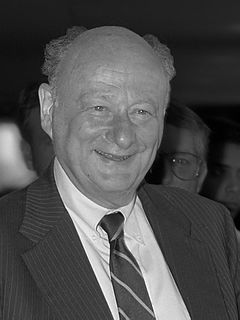A Quote by Valerie Jarrett
I wasn't burdened by a personal history of prejudice. It's part of why I thought Barack could win.
Related Quotes
When it became easy enough to do dairy online, then I just thought, "Oh, I'll start doing this. I'll put the parts online that aren't going to get me in trouble. I'll save the rest for myself." It became also this kind of self-therapy. I could write about stuff that was bothering me, or personal stuff. And the very personal stuff I could edit out. But it was kind of the catharsis of getting it out and writing about it, that made me think, "Okay, I see why people do this, why they keep these diaries." So I thought, "Well, let's see what happens when I post some of it."
I thought a lot about Nixon's personal history and the changes in America during his lifetime and tried to craft stories, which I thought reflected some of his personal history but also the backdrop of a changing America. Nixon grew up in a strict Quaker family. The idea of the American Dream, of hard work and not much fun, was ingrained in Nixon as a child, but curiously so was a love of music. Nixon himself was a pretty good piano player. So it's the contradictions that interest me, as I think we all have them.
I love you, he thought, looking at Win. I love every part of you, every thought and word...the entire complex, fascinating bundle of all the things you are. I want you with ten different kinds of need at once. I love all the seasons of you, the way you are now, the thought of how much more beautiful you'll be in the decades to come. I love you for being the answer to every question my heart could ask.
My view of my role is that together with like-minded men and women, I could help contribute to a bipartisan view of American engagement in the world for another period; I could do my part to overcome this really, in a way, awful period in which we are turning history into personal recriminations, depriving our political system of a serious debate.
Consider prejudice. Once a person begins to accept a stereotype of a particular group, that "thought" becomes an active agent, "participating" in shaping how he or she interacts with another person who falls in that stereotyped class. In turn, the tone of their interaction influences the other person's behaviour. The prejudiced person can't see how his prejudice shapes what he "sees" and how he acts. In some sense, if he did, he would no longer be prejudiced. To operate, the "thought" of prejudice must remain hidden to its holder




































